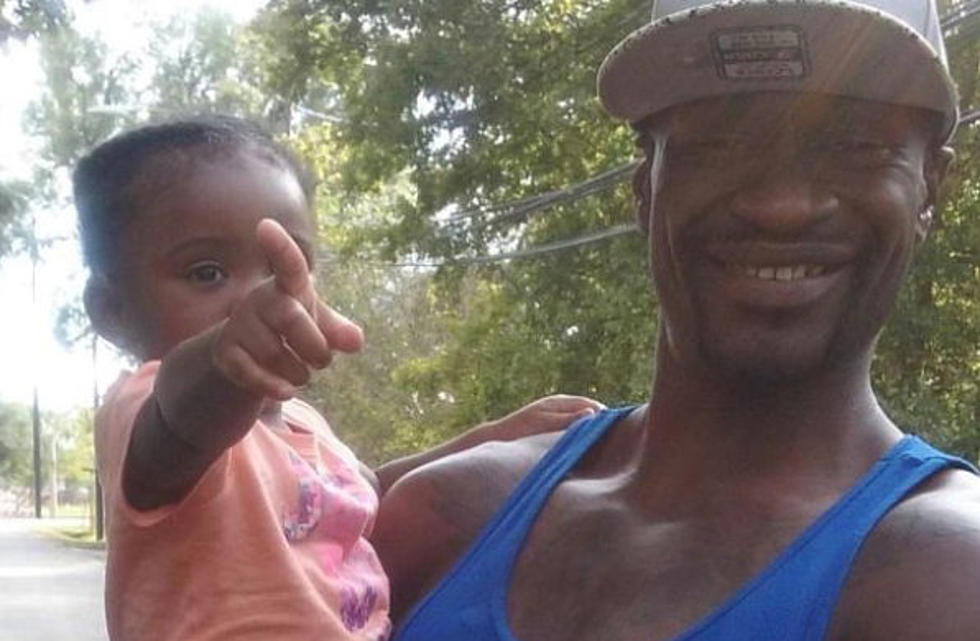Not all anniversaries are good. Today commemorates the first anniversary of the murder of George Floyd.
Mr. Floyd suffered an excruciatingly slow and painful death, his very breath crushed out of him by former Minneapolis police officer Derek Chauvin. The cruelty of his means of death was compounded by the horrible irony that kneeling–what one does before our Higher Power, what Colin Kaepernick chose as a means of protesting police brutality against black and brown bodies–was perverted by Chauvin and became exhibit A for why all humans of good conscience should proclaim Black Lives Matter. We know this. We saw it. And just like those of us who lived through the 9-11 terror attacks in 2001, we will always remember when we first saw this horror. We couldn’t unsee it. Some of us were shocked. Some triggered, retraumatized by the ghastly regularity of black lives cavalierly extinguished by those who carry a badge.
Today is a bad anniversary, first and foremost for Mr. Floyd’s family, his loved ones, his community. They witnessed what we all did. But they knew Mr. Floyd in a way that we did not. For them, this is the anniversary of pain and loss. And we bore witness to this pain. Mr. Floyd’s pain. His family’s pain. His community’s pain. And our own.
Months into our stay-at-home pandemic orders and our work-from-home and school-from-home reality full of anxiety and a brand new vocabulary, we were shaken to our core by anger. Our anger forced us into the streets and compelled us to act. This senseless and dastardly act of wanton disregard for yet another black person’s life had to be the beginning of something. A racial reckoning some called it. Folks were hired and folks were fired. Corporations threw money at causes and issued statements. Books flew off of bookshelves in bookstores and libraries. Legislation was even proposed and Chauvin was found guilty of murder.
It felt like a modicum of progress. A modicum of justice. But today, one year after Ms. Floyd was killed, he’s still dead. His daughter has lived an entire year of life that she was robbed of sharing with her father. It’s a year later and the proposed legislation that bears his name has yet to be passed, reduced to a “political issue” by those who shamelessly equate the Black Lives Matter movement with the insurrectionist mob that beat police officers and called for the assassination of Trump’s vice president.
This is a bad anniversary. Mr. Floyd didn’t seek to become a martyr on May 25, 2020. He didn’t wish to become a hashtag and a household name the world over or to have his brutal death burned into the world’s imagination. But today, a year after what became the last day of Mr. Floyd’s foreshortened life, we sit mired in the same hatred that killed him. Many more black and brown people have been killed after him for being black or brown people who someone suspected of possible wrongdoing. (This, after tens of thousands of mostly white people who were caught on videotape beating police officers, brandishing weapons, and desecrating the citadel of American democracy lived to travel back to their hometowns and be arrested another day.)
A year later, we cry out for an end to Asian Hate. A year later, we seek an end to the demolition of Palestinian homes and safeguarding Palestinian lives. A year later, we call out antisemitism. Today, we stare in the mirror at the many brands of hatred that afflict us domestically and abroad.
Tomorrow I will remember to be hopeful and to pray and to fight. But today I remember Mr. George Floyd’s family and I’m sad.
